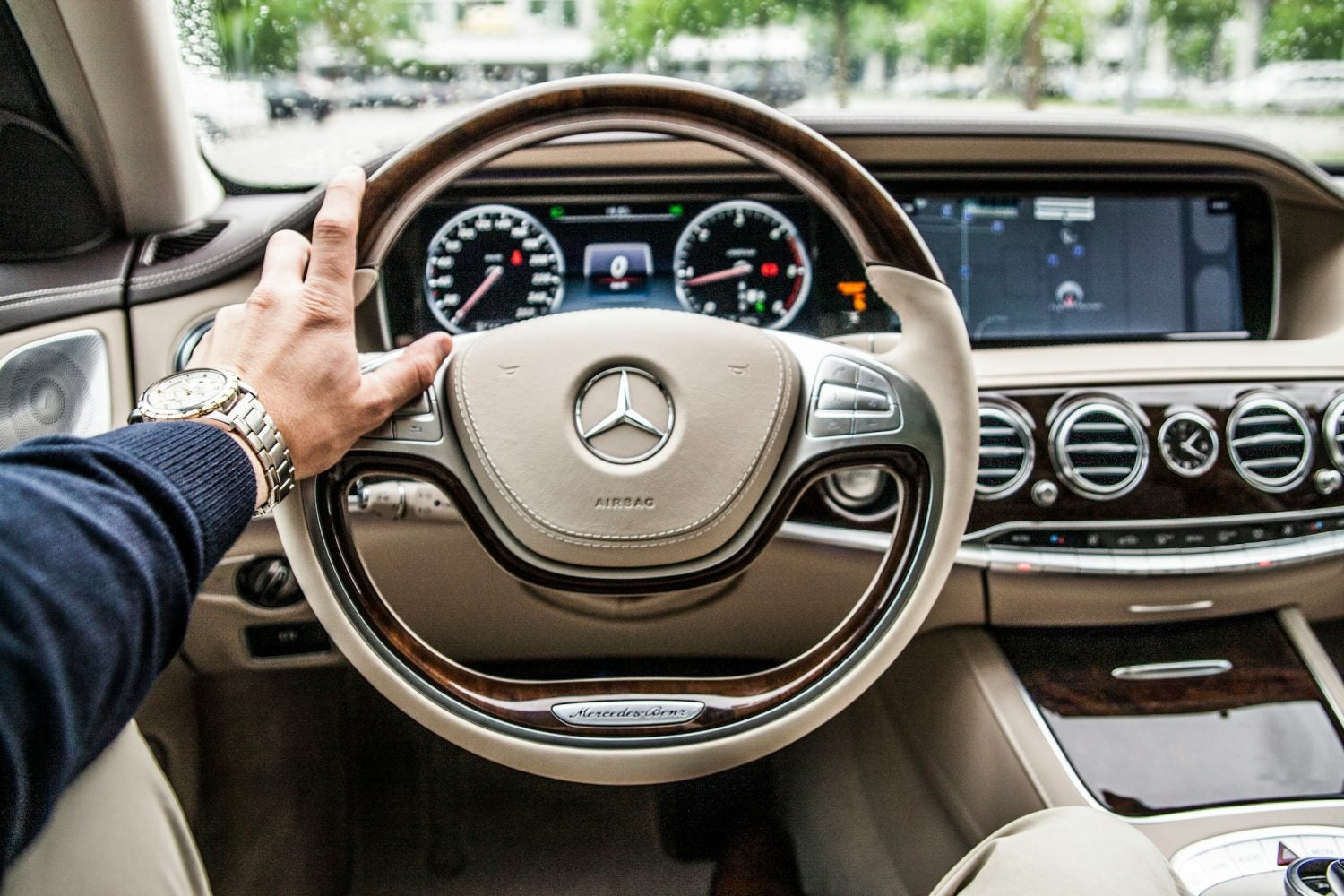Did you know over 90% of drivers now use some form of finance or credit to buy their next car?
If you’re already one of the many drivers who have a car on finance, you may be looking to get a better deal this time round. Car finance can be an easy and simple process but if you aren’t well-informed, it could be costly! Read our top tips on how to take the stress out of buying a car on finance and get the best deal possible.
1. Check your credit report.
When you apply for any form of finance or credit, lenders will want to know the likelihood of you paying it back on time and in full. To assess this, they will usually run a credit check on you when you apply. Get ahead of the game by checking your credit report first and see where you land on the credit scale before they do. This gives you an opportunity to fix any mistakes in your file or see how you could improve your credit to get a better car finance deal. If your score is low, you could even be declined a car loan based on creditworthiness.
2. Explore your finance options.
If you’ve never had a car on finance before, you may be surprised to know that it’s not a one size fit all agreement, In the UK, there are 3 types of finance which tend to be the most popular amongst drivers. Personal loans, hire purchase agreements and Personal Contract Purchase deals are all forms of car finance and you may be better suited to one finance deal than the others. Take some time to investigate each and make an informed decision whether it could be the right one for you. Getting a cheap car finance deal can be determined by the agreement you choose. For example, PCP offers lower monthly payments because there is a large balloon payment to make if you want to own the car.
3. Set your budget.
One of the most important parts of getting a car on finance is knowing how much you can afford. Car finance deals usually last between 3-5 years so it’s crucial you can afford to meet every monthly payment till the end of the term. To set your budget, simply take a look at your current finances and assess what you could comfortably pay each month for car finance. It’s also worth remembering you’ll need to also pay for the running cost of your car, car insurance and servicing and maintenance costs too. At the start of your deal, you may also be required to put down a deposit or you can choose a 0 deposit car finance deal instead. Setting your budget before you start shopping for finance can also determine which type of finance would suit you and the cars you could buy.
4. Compare interest rates.
Many people are attracted to car finance with low monthly payments, but they forget the most important factor to look at is the interest rate. A higher interest rate means you pay more back to the lender, and it can make your finance deal more expensive. Before you commit to getting a car on finance, take some time to compare finance deals with low interest. You could even get a car on finance with 0 interest to pay but these deals are usually only offered on brand new cars which have higher monthly payments.
5. Use a broker to help.
Long gone are the days of dealership financing and more drivers than ever are choosing to use the finance first approach. A car finance broker is usually free to use and instead charges the lender a commission if you take up finance with them. You apply with a broker and then they find the best deal for you from the finance lenders they have on their panel. Using a broker can help you to get the best and lowest interest rate for your situation and save you time!
6. Value your part exchange.
If you already have a car, you can part exchange it when you get a car on finance. Even if you have existing finance on the car, the equity can be used in your next deal. Getting a free online valuation of your current car can help you to see how much it could be worth. You can use the value of your current car as a deposit for your next car, as long as it is in ‘positive’ equity.

















